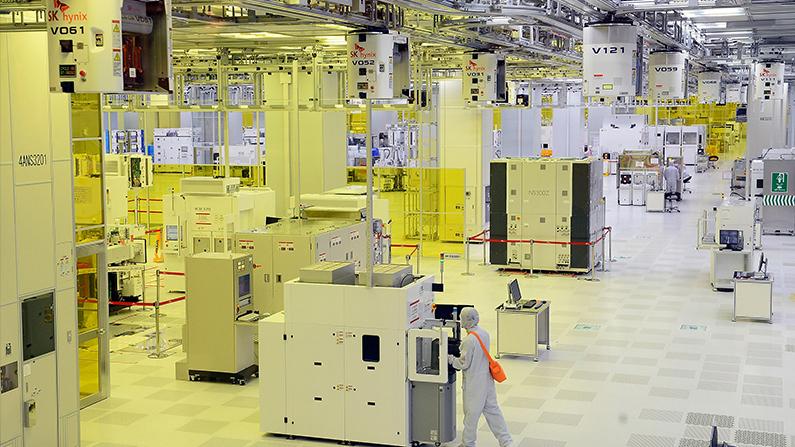South Korea plans to invest 1.5 trillion won ($1.34 billion) over the next 10 years in its semiconductor industry, according to Yonhap News Agency.
Paik Ungyu—the Minister of Trade, Industry, and Energy—made this announcement Monday when visited key semiconductor production lines of Samsung Electronics Co. and SK Hynix Inc. “We will support the development of the chip industry by focusing on three strategies,” Paik said during the visit.





